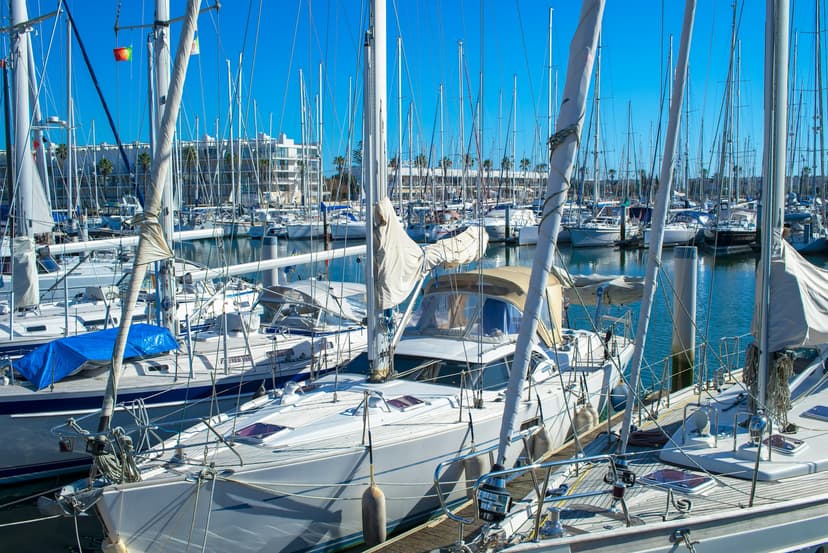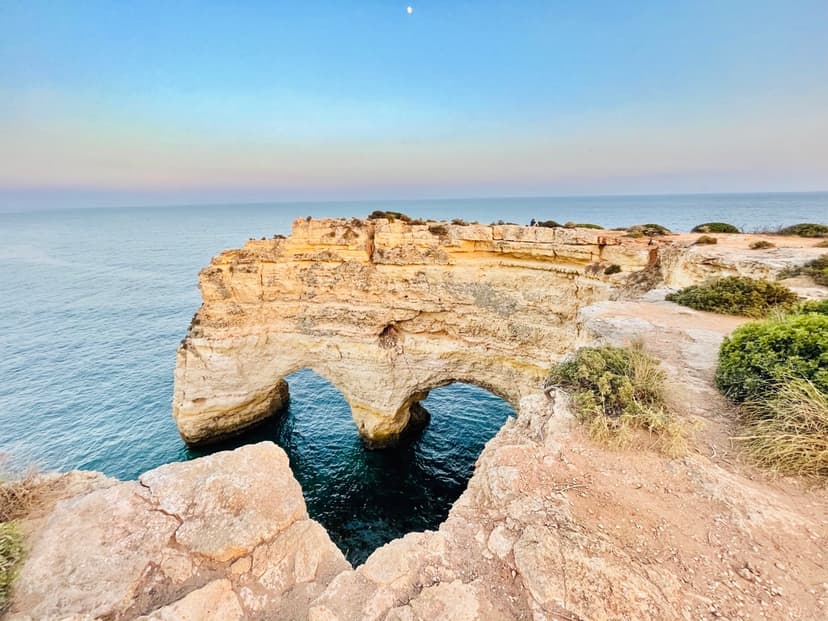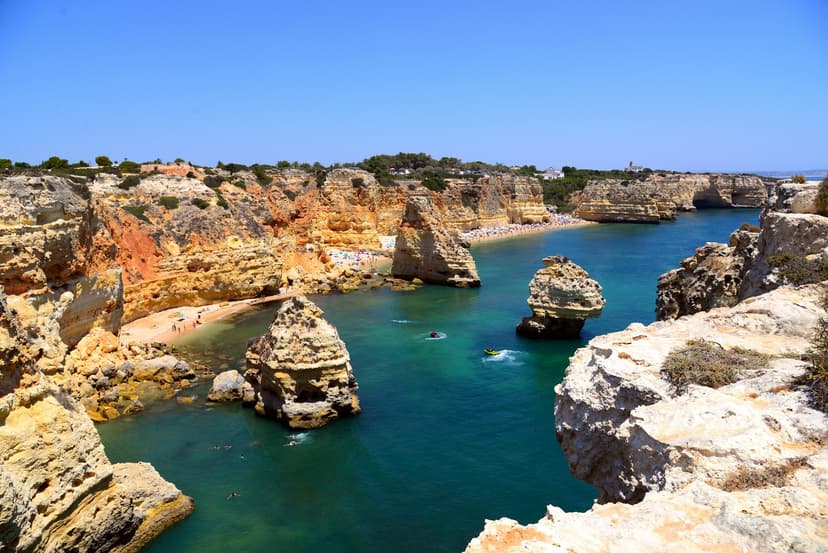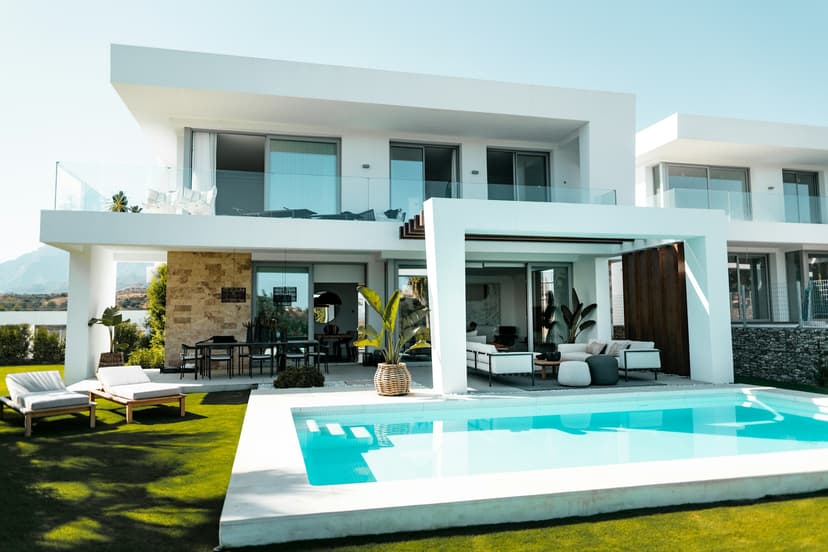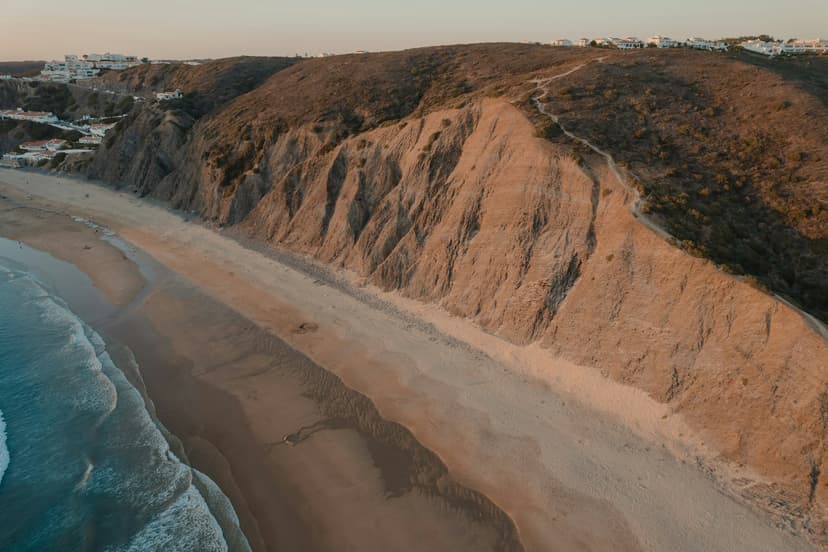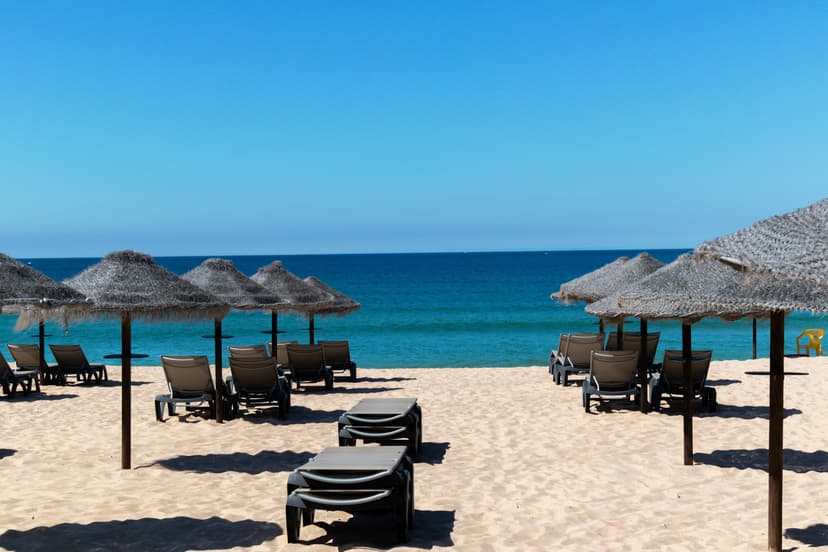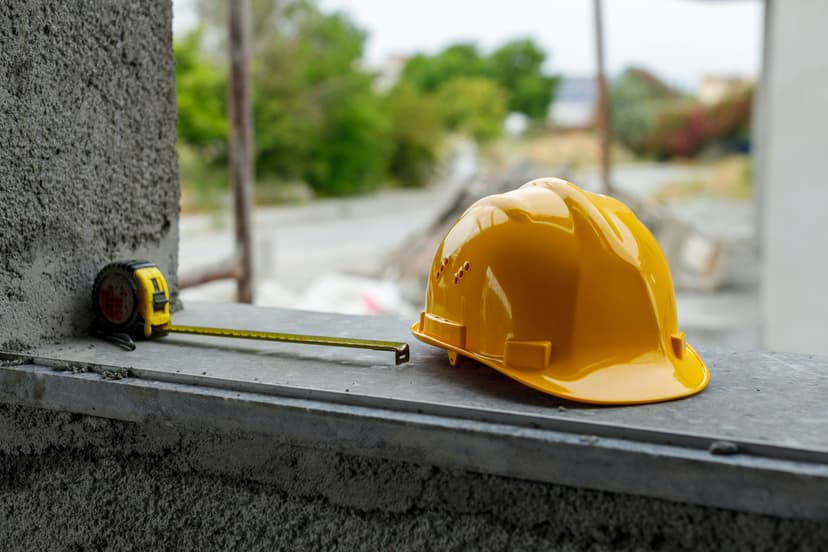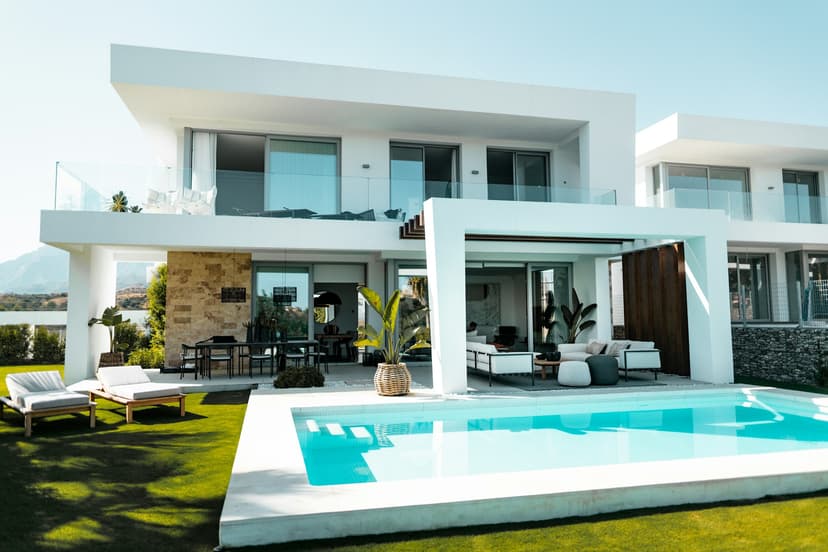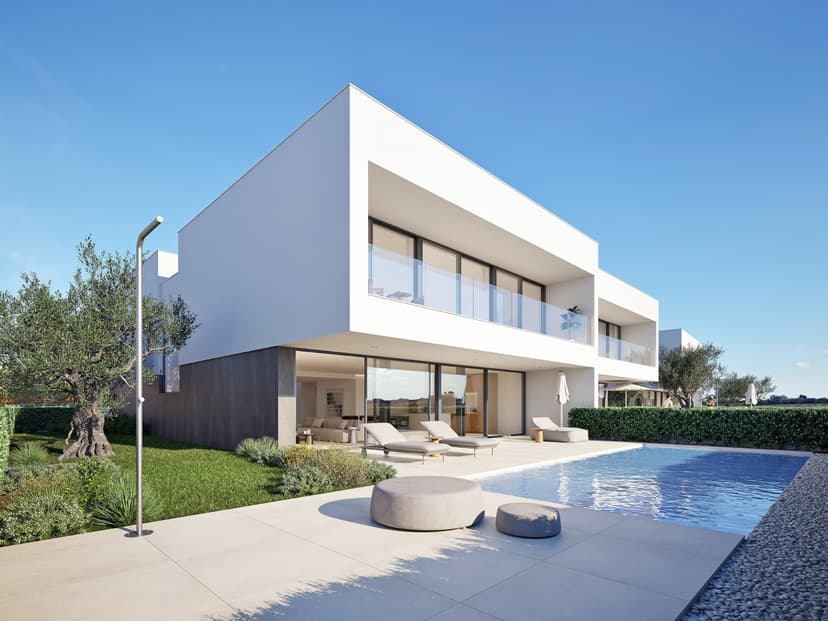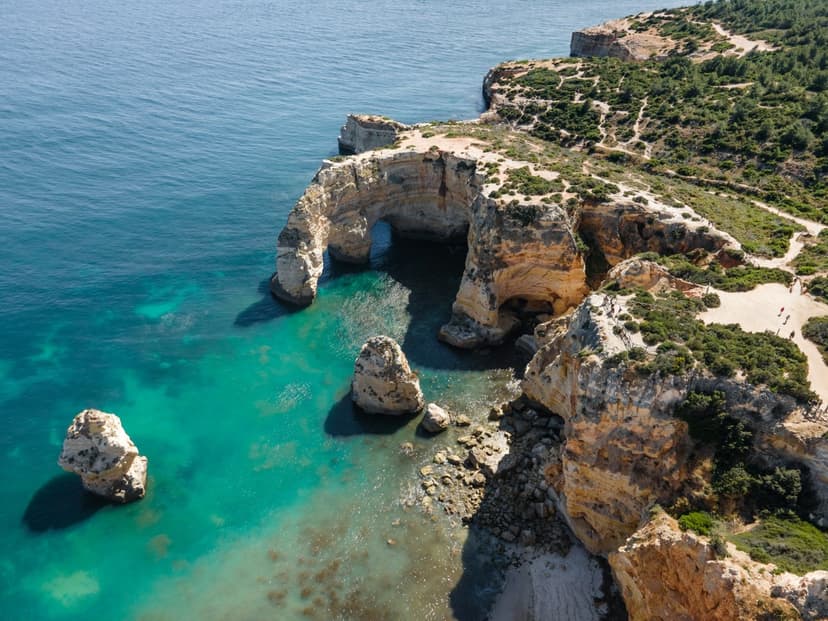
Portugal has become a top destination for foreign property buyers, offering stunning landscapes, a high quality of life, and strong investment opportunities. But how easy is it to secure a mortgage in Portugal as a foreigner, particularly for UK residents post-Brexit? This guide will walk you through everything you need to know about obtaining a bank mortgage in Portugal.
Can Foreigners Get a Mortgage in Portugal?
Yes! Portugal allows non-residents to apply for mortgages, though the conditions may differ from those available to residents. Banks typically finance between 60% and 80% of the property value, depending on the applicant’s profile and financial standing.
Mortgage Conditions for Foreign Buyers
- Loan-to-Value (LTV): Up to 80% for residents, typically 60-70% for non-residents.
- Loan Term: Usually between 25-30 years, but may be limited by age (some banks set a maximum age of 75-80 years at loan maturity).
- Interest Rates: Fixed and variable options available, often starting around 3-5% APR.
- Income Requirements: Most banks require a Debt-to-Income (DTI) ratio below 35-40%, meaning total monthly loan repayments should not exceed this percentage of your monthly income.
- Down Payment: Non-residents usually need a minimum deposit of 30-40%.
Step-by-Step Guide to Getting a Mortgage in Portugal
1. Choose a Bank or Mortgage Broker
Many Portuguese banks offer mortgages to foreigners, including Caixa Geral de Depósitos, Novo Banco, Millennium BCP, and Santander. Using a mortgage broker can simplify the process by comparing the best deals.

2. Prepare Your Documents
You will typically need:
- Passport or valid ID
- Portuguese NIF (Tax Identification Number)
- Proof of income (salary slips, tax returns, or company financials if self-employed)
- Bank statements (last 3-6 months)
- Credit report from your home country
- Proof of property reservation (preliminary contract or promissory note)
3. Get Mortgage Pre-Approval
This helps you understand your budget before making an offer. The bank will assess your financial profile and provide a Decision in Principle (DIP).
4. Property Valuation & Final Approval
Once you choose a property, the bank conducts an independent valuation to determine its market value before final loan approval.
5. Sign the Mortgage Deed
Finalise the purchase at a notary, sign the mortgage agreement, and register it with the Portuguese Land Registry.
BONUS : Contact us and we can guide you with our Mortgage Brokers
We have strong partnerships with high-skills mortgage brokers. For more information, please follow this link.

Mortgage Costs & Fees
- Bank Fees: Typically 1-2% of the loan amount
- Stamp Duty (Imposto de Selo): 0.6% of the loan amount
- IMT (Property Transfer Tax): Varies from 0-8% depending on the property value
- Legal & Notary Fees: €1,500 – €3,000
Why Portugal is an Ideal Market for Foreign Investors
Portugal remains one of the best places to invest in real estate, with strong rental yields, tax incentives, and a growing expat community. Discover more about buying property in the Algarve in our related article: Algarve Houses for Sale: Your Dream Home Awaits in Portugal.


